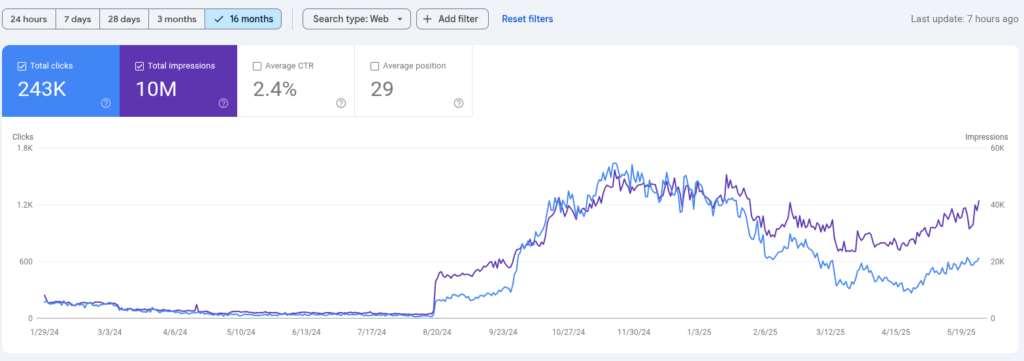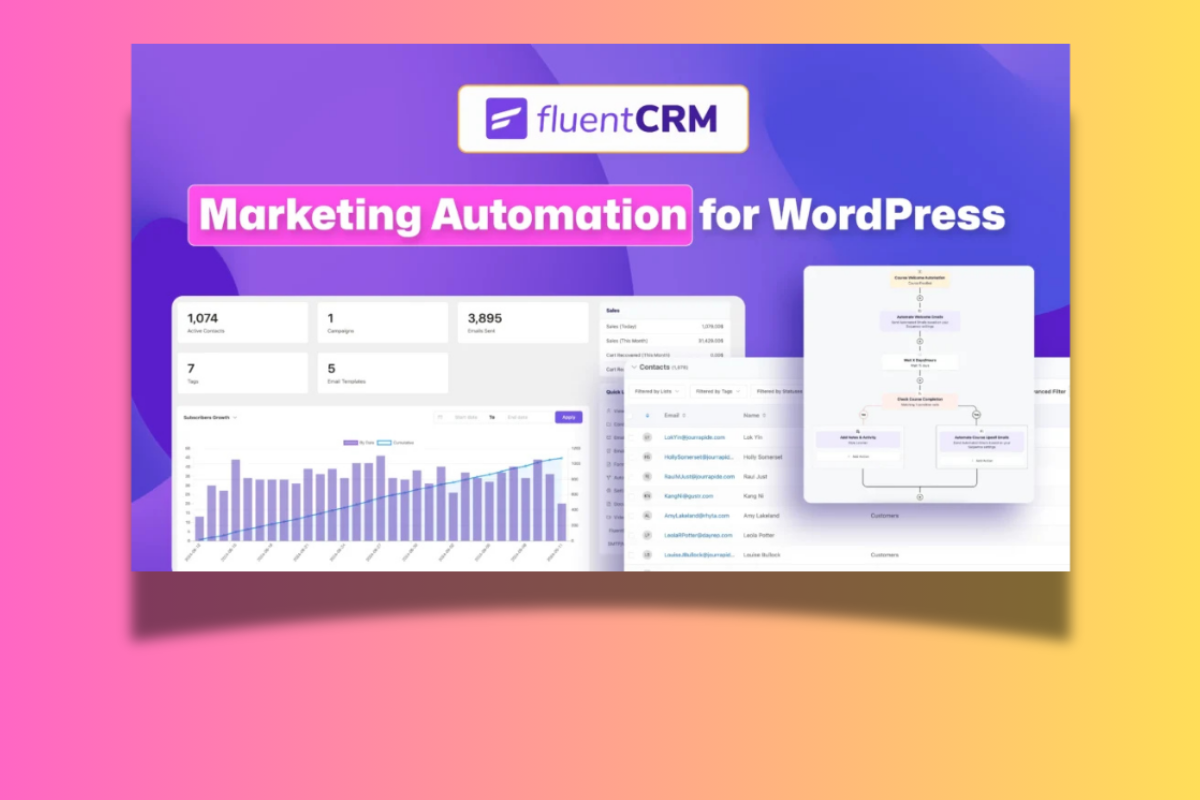Let’s get one thing straight: most keyword research is a waste of time.
You fire up a tool, grab a list of “high search volume” terms, and then start cranking out blog posts. The result? A graveyard of half-baked content that never ranks, never converts, and never pays back the hours (or dollars) spent.
Keyword research isn’t about finding more keywords.
It’s about finding the right ones and building a strategy that earns traffic, leads, and authority with as few pages as possible.
That’s how we approach it when working with clients, and it’s why the ROI is so damn good.
Start Broad, Then Slice Down to What Actually Matters
Every client starts with broad topics. For a local accounting firm, that might be “tax preparation.”
For a SaaS startup, it might be “project management software.” That’s fine but “tax preparation” by itself isn’t going to win you Google.
We narrow things down fast:
- Google Autocomplete & Related Searches: The questions people are actually typing. (“tax preparation for freelancers,” “tax prep vs bookkeeping”)
- People Also Ask Boxes: A goldmine of intent-driven queries. (“Can I write off a home office?” “Do I need a CPA for taxes?”)
- Trend Data: Seasonal spikes, regional demand, and long-term patterns via Google Trends.
By slicing broad topics into specific, long-tail, intent-driven queries, we uncover keywords that not only bring in traffic—but bring in the right traffic.
Tools Are Great But Cold, Hard Strategy Always Wins
We use the big guns (SEMrush, Ahrefs, etc.) for deep dives. But tools are only half the equation. The real ROI comes from how you use them and the overarching strategy you’re working with.
Each project requires a unique strategy, we develop that first, and then move onto keyword research. You only start planning content when you have a plan in place, otherwise you’re just guessing about what you’re doing.
Here’s what most people miss:
- It’s not about chasing the biggest search volume.
- It’s about prioritizing terms that match your buyer personas.
- It’s about finding semantic clusters (groups of related keywords) that can be covered with one strong page instead of ten weak ones.
That’s how you build topical authority without creating an endless stream of “fluff blogs.”
Long-Tail Keywords = Fast Wins
- Lower competition → faster rankings.
- Clearer intent → higher conversion rates.
- Easier clustering → you can rank for dozens of variations with one optimized page.
Forget the ego trap of ranking for “project management software” or “accounting services.” You’ll bleed cash fighting for those.
Long-tail keywords like “affordable project management software for remote teams” or “accounting services for freelancers in Dallas” are where the money’s at. These are bottom of the funnel, high conversion keywords that, when found and targeted, convert like crazy.
And the best part? Because there’s usually less competition for these types of keyword you don’t need to write a 4000 word article to win it. Most of the time a simple landing page will get the job done.
We tend to use carefully planned CPTs and custom built archive pages that act as pillar pages. With this setup, we have more control over the design, which pages and posts are pushed, and we get more control over the sitemap which is great for indexing.
We’ve had small business clients outrank national competitors in under six months simply because we targeted long-tail keywords no one else bothered with.
The internet’s a big place, there’s always angles to work. If you know what to look for and where, the sky’s the limit with this kind of strategy.
Steal From Competitors (Legally)
Competitor analysis is one of the fastest ways to shortcut keyword research.
Whenever we start working with a new client, we research the niche their in, find the big players, and see what they’re up to.
With this information in place, we can find out:
- Which keywords competitors are ranking for.
- Where they’re weak or absent.
- Which of their pages are pulling in the most traffic.
When you know where the gaps are, the areas where your competition are either under-optimized or non-existent, you can quietly build-out and implement a content marketing plan that’ll eat their lunch and massively increase your slice of the pie.
Fewer Pages. Bigger Results.

Here’s the part most agencies won’t tell you: you don’t need 100 blog posts. You need 10-20 strategic pages that cover entire keyword clusters.
Nowadays, in the age of AI and AI Overviews, spamming the SERPs with millions of pages is over. Quality is now the number one thing you should be focused on. Everything you publish should serve a purpose and or perform a job.
That means instead of writing five separate posts about “how to do bookkeeping as a freelancer,” you create one pillar page that covers the topic in depth.
This pillar page is then supported by smaller, punchier related posts that link up to it. This is not a new technique by any stretch of the imagination, but it is one that, when executed properly, works brilliantly.
Done right, that one pillar page can rank for dozens of semantically related terms which means less content. Less cost. More ROI.
Advanced Keyword Research (The Stuff Nobody Tells You)
For clients who want to dominate, we can go further and sometimes this is necessary in trickier, more competitive niches. But even in these tougher environments, there’s still plenty of scope for growth with the right strategy.
Some of the more technical and advanced keyword research strategies include:
- Ethical Content Jacking: Spotting fresh content that’s gaining traffic and using the same formula for our client’s content, tailored for their specific niche.
- Boolean Operators: Filtering keywords like a sniper, not a shotgun.
- Keyword Clustering: Building authority by grouping terms logically instead of creating one-off posts.
This is how you build content that wins now and keeps paying off years later.
The Bottom Line: Keyword Research Is A Science, Not An Art
Keyword research isn’t about filling up spreadsheets, monthly search volumes, or keyword difficulty. It’s about understanding (and finding) the right topics and phrases that your potential customers are using to search for products and services online, either in Google or other search engines or inside LLMs like Gemini, Perplexity, and ChatGPT.
Once you know this, you’re ahead of 99.9% of your competitors because most agencies and businesses do not think like this. Instead, they use the old approach to SEO which relies on quantity over quality of spamming search engines with useless, thin content that never does anything.
And then, six months to a year later, they’ll do an audit, discover most of their content is under-performing, kill most of it, and start again. Does that sound like a good strategy to you?
For small businesses, the difference between DIY keyword research and a real strategy can be six figures in ROI.
That’s why when we take on clients, we don’t just dump keyword lists, we build growth strategies. And it works, because every page we recommend has a job: rank, convert, and deliver revenue.
👉 Want a keyword strategy that actually pays for itself (and then some)? Work with us.


